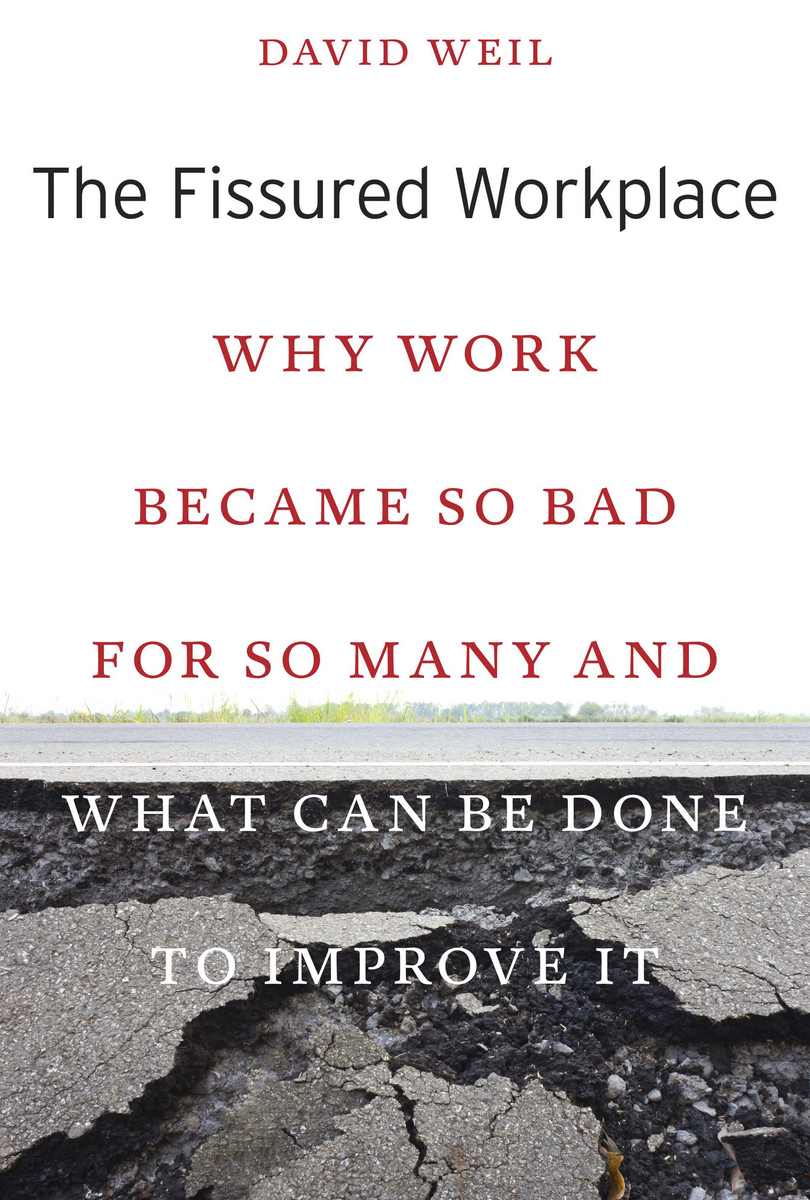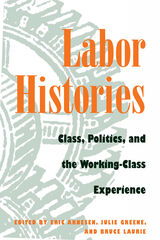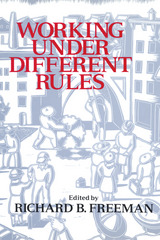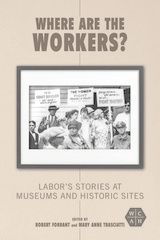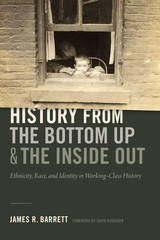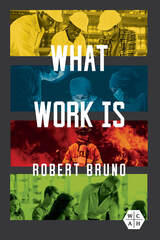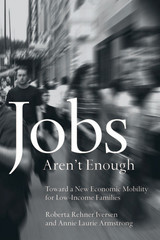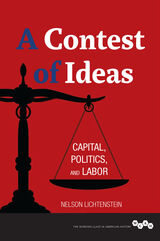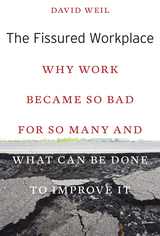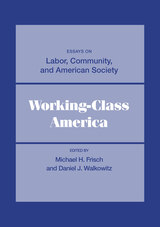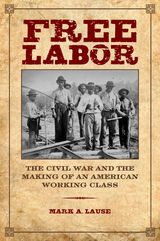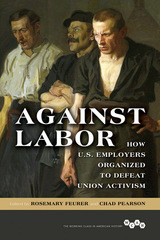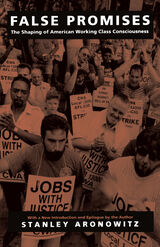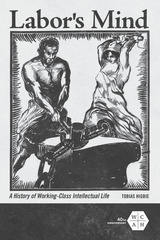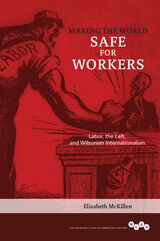With insight and precision, David Weil has brought to light the shell game played by so many modern business organizations. Today, the company whose logo is on your work shirt, smock, or ID badge may not be the one that recruits, hires, manages, pays, disciplines and sometimes even houses you. This fracturing of the basic employer–employee relationship is reshaping lives and industries. If there’s one book you should read about work today, this is it.
-- Richard Trumka, President of the AFL–CIO
The Fissured Workplace paints a striking picture of the underside of the U.S. labor market: the workers who service expensive hotels but need food stamps and income support for their families to survive; the ‘independent contractors’ who clean office buildings under contracts that pay below minimum wages; and hundreds of thousands of others struggling in an economy where you work not for branded name companies in the open light but for subcontractors behind the scenes. Weil documents the growth of the fissured labor market, tells us how it contributes to the impoverishment of America, and offers ways to make matters better. You will think differently about the world of work after reading this marvelous book.
-- Richard B. Freeman, Harvard University
The book persuasively argues that widening income inequality has less to do with technological innovations and more to do with organizational innovations. The deep dive that Weil does on subcontracting, franchising, and supply chains is a must-read for anyone interested in how these practices have affected pay and working conditions. He goes beyond just documenting what is happening and presents a detailed proposal on how and why we need to mend, through legislation and enforcement, the increasingly fissured relationship between workers and their employers.
-- Lisa M. Lynch, Dean, The Heller School for Social Policy and Management at Brandeis University
The kinds of workplace fissuring discussed here—subcontracting, franchising and global supply chains—have been the subjects of a number of studies detailing the employment effects that Weil describes. The Fissured Workplace is unusual in bringing this research together into an integrated, detailed and decidedly policy-oriented analysis. Through linking organizational strategies that share an underlying logic, it makes a compelling case that workplace fissuring should be given a more prominent place in analyses of the causes of growing inequality. Along the way, Weil shows that fissuring constitutes a fundamental and formidable challenge to existing employment regulations… It makes a convincing case that the better regulation of fissured workplaces is a first step towards reversing the erosion of pay and conditions at the bottom of the labor market.
-- Virginia Doellgast Times Higher Education
This book is an excellent application of institutional analysis in economics. In exacting detail, Weil describes the process by which employers subcontract business functions in pursuit of efficiencies, but often at the expense of employees.
-- D. C. Jacobs Choice
Authoritative… As inequality has drawn increased public debate, most recently thanks to Thomas Piketty’s influential work, the changing conditions of employment have gotten far too little attention. Work remains the prime source of income for most people. The fissuring of work, Weil finds, is one of the main factors in the widening gap between productivity and earnings because it allows corporations to batter down labor costs—people’s paychecks… [The Fissured Workplace] shed[s] important new light on the resurgence of the power of finance and its connection to the debasement of work and income distribution.
-- Robert Kuttner New York Review of Books
This underappreciated book describes the ‘fissured workplace’: the result of corporations increasingly distributing activities through an extensive network of contracting, outsourcing, franchising, and ownership. Workers are less likely to work for the corporation that ultimately profits from their labor; instead, they work for a loose network of middlemen or as independent contractors. Their work is still monitored and controlled as closely as any other office worker, but they lose the protections of labor law and the ability to fully enjoy the rewards of economic growth. This is the new reality for workers in the 21st century.
-- Mike Konczal The Nation
